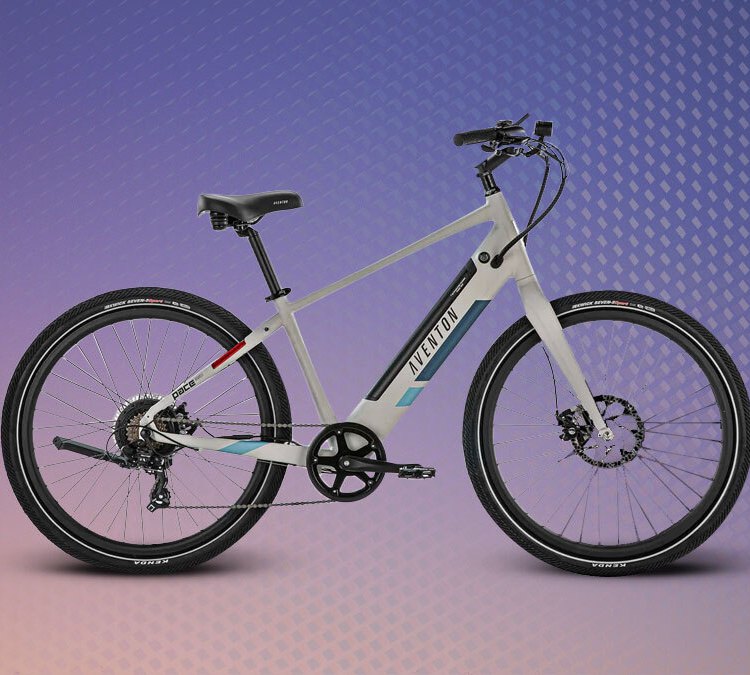Two years ago, I started driving a lot more frequently than I had in the previous decade. Part of that has involved using Google Maps for navigation. Something I’ve noticed when using the app in question is that it can measure my speed and can compare it to the speed limit on the road I’m currently on. It’s a useful tool to have, though it also begs the question: if that information exists, could vehicles eventually adjust their speed accordingly?
In the next two years, the E.U. might well answer that very question. As Engadget reports, a new regulation will mandate “intelligent speed assistance” systems on all new vehicles sold within the European Union beginning in 2024.
The regulations offer automakers four options to choose from. Two of the warnings seem relatively subtle — a sound or a vibration that notifies a driver that they’re going too fast. The two other options are a bit more overt, though the announcement states outright that “[t]he driver is always in control and can easily override the ISA system.”
One of the other options on the table involves the accelerator “[pushing] the driver’s foot gently back to make the driver aware and help to slow down,” while the other involves a vehicle automatically slowing down — though, in both cases, the driver could override the system.
If this works correctly — and Engadget’s article points out that the systems are not exact all of the time — this could redcuce traffic deaths substantially. But it’s also easier to imagine this taking hold in Europe, where a number of vehicles already use this technology, than in the U.S., given the differences in how personal data is handled in each location. That said, if ISA does have a noticeable effect on accidents in the E.U., it could make the case for its adoption in more places around the world.
Thanks for reading InsideHook. Sign up for our daily newsletter and be in the know.


















